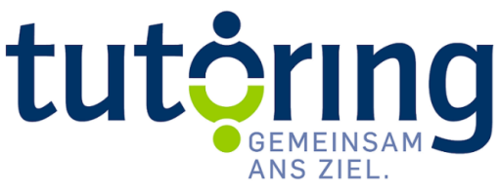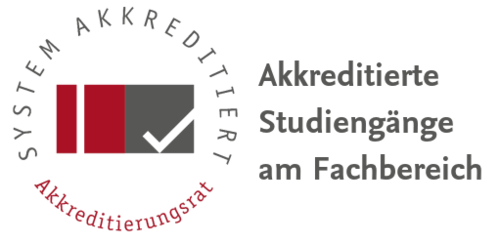Portrait of the Department of History and Cultural Studies
Skills and Competences for a Globalized World
The Department of History and Cultural Studies is unique within the German university system in offering a wide spectrum of subjects ranging from ancient times to modernity, and from Europe via the Middle East and Asia to North and South America. Another particular strength of the programmes offered lies in the imparting of methodological skills and competences which allow the empirical evaluation and further development of theoretical models in different regions and periods. The comprehensive range of subjects also offers opportunities for orientation in a world in which the universality of European culture is increasingly being brought into question.
Students in this department are exposed to a wide variety of methods, which enables them to gain a good foundation for gathering new data in various regions of the world and in various epochs. Using the new data, existing theoretical models can be reviewed and new ones developed.
Students at the Friedrich Meinecke Institute of History can learn about the subject in all the periods from ancient Greece to contemporary history. The Department of Art History is one of the largest in Germany. Art history there is taught with an emphasis on a cross-regional perspective, with specializations in art from East Asia, South Asia, or Africa. The classical studies include the disciplines of Egyptology, ancient Near Eastern studies, archaeology, prehistoric archaeology, and Near Eastern archaeology. The East Asian, Middle Eastern, and North African regions are all studied from interdisciplinary and transdisciplinary perspectives in the fields of Iranian studies, Islamic studies, Japanese studies, Korean Studies, Semitic studies, and Arabic studies, as well as Sinology and Turkic studies.
The Institute of Jewish Studies is the first institute for Jewish studies to be set up at a university in Germany. The discipline of Catholic Theology sees itself as a scientific reflection on the Christian faith. Religion as an academic discipline is a historical-philological and sociological field of cultural studies, and its emphasis at Freie Universität Berlin is on the European tradition since ancient Greece. The Institute of Comparative Ethics took up its work on January 1, 2006. Its research and teaching deal with rules, norms, and values that people follow to guide their thinking and actions.
The research undertaken by the highly specialized disciplines in the Department of History and Cultural Studies is supported by different units. Deserving mention here are two Focus Areas of Freie Universität: the Dahlem Humanities Center (DHC) and the Center for Area Studies (CAS). DHC is the central hub of the many departments and activities in humanities research at Freie Universität, while CAS links together the area-specific expertise in the humanities and social sciences that is present at Freie Universität.
The two graduate schools that won funding in the German national Excellence Initiative, Berlin Graduate School Muslim Cultures and Societies and the Graduate School of East Asian Studies, as well as the Excellence Cluster Topoi are just a few examples of the outstanding academic achievements of the Department of History and Cultural Studies. Members of the department are involved in several Interdisciplinary Centers that provide platforms for dealing with a particular interdisciplinary research topic.




